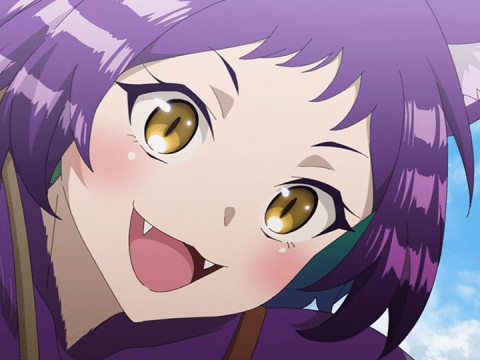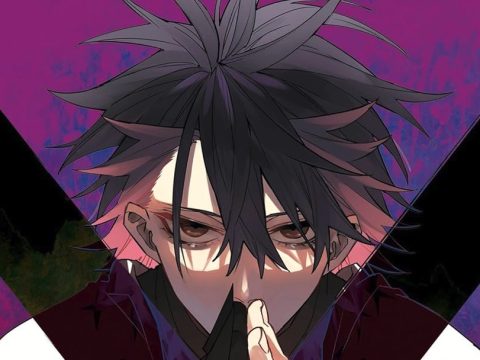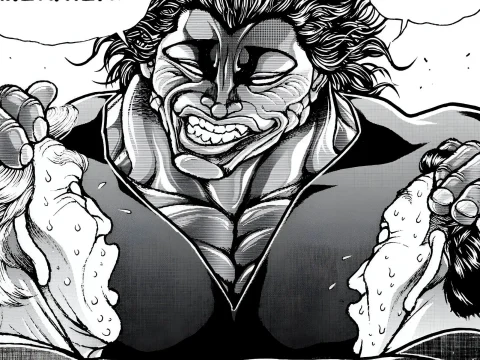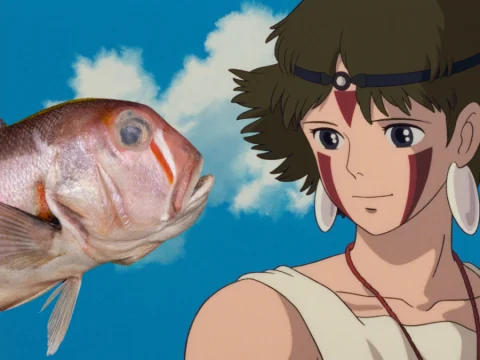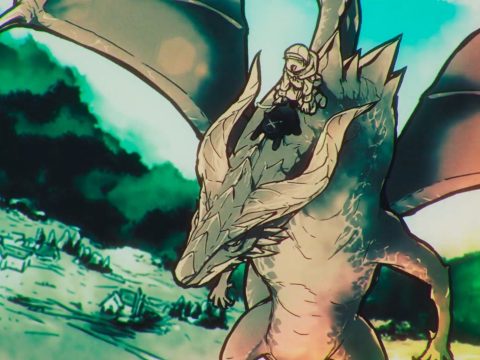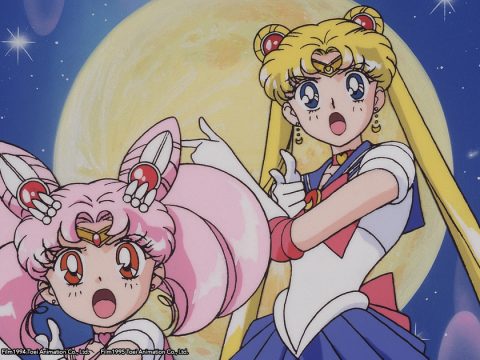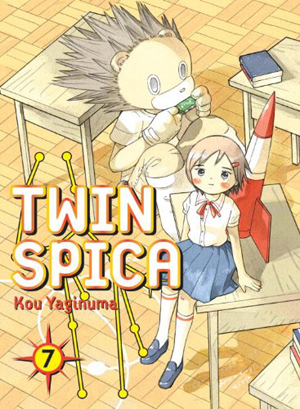 In Kou Yaginuma’s Twin Spica, hope springs eternal. Through all of life’s painful memories, failures and heartbreaks, that’s one thing that remains a constant in this series. As a result, even the lowest moments act as fleeting valleys. Protagonist Asumi Kamogawa remains an inspiration to readers. She doesn’t give up despite her diminutive stature; despite the fact that almost every facet of her astronaut training seems designed to defy her particular ambitions in some way.
In Kou Yaginuma’s Twin Spica, hope springs eternal. Through all of life’s painful memories, failures and heartbreaks, that’s one thing that remains a constant in this series. As a result, even the lowest moments act as fleeting valleys. Protagonist Asumi Kamogawa remains an inspiration to readers. She doesn’t give up despite her diminutive stature; despite the fact that almost every facet of her astronaut training seems designed to defy her particular ambitions in some way.
This volume kicks off with a trip to Yuigahama, where Asumi spent her childhood. Don’t expect the Twin Spica equivalent of a “beach trip” episode, though. Yuigahama is home to the memorial of those that died in the Lion rocket crash around which so much of this series, and Asumi’s life as a whole, has been shaped. Old memories are drudged up like wandering spirits, and more connections to the event are brought to light as Asumi and her companions gaze longingly at the stars.
After that it’s back to testing and training for our crew, as they embark on a separate trip that conflicts with Asumi’s prior obligations. She sucks it up and powers through it nevertheless, experiencing another in a series of increasingly difficult exercises that put the bonds of her and her teammates through the wringer. There’s a reason Asumi, Kei and Marika are the only girls left in the program, after all. But the three are also potentially valuable assets in a profession that values smaller and more agile bodies.
Twin Spica has the power to make it seem like a lot is going on, even when not very much is. The series is consistently focused on character development, with individual growth and change occurring at a natural, but far from lethargic, pace. It’s easy to frequently forget that this is science fiction. There’s a particularly fantastic (as in, you know, the sense of “fantasy”) reveal about the ever-warming ice princess Marika Ukita in this volume that briefly threw me for a loop because of this. The fact that anything out of the ordinary can be momentarily jarring is a testament to Yaginuma’s deft characterizations and careful storytelling.
Yaginuma’s art style isn’t for everyone, but it is charming. It’s possible that many would-be fans of the series will just gloss over the covers while perusing the manga aisle, and that’s a shame. Twin Spica is a rare series that pretty much anyone should be able to get into. It’s sentimental without being cloyingly so. It’s hopeful in the right places and unafraid to beat down its characters when necessary. The author’s personality can be further explored in the regularly appended “Another Spica” stories, which explore anecdotes from his life, however relevant they may be. It’s the very definition of an All Ages manga, and should be thoroughly enjoyed as such.
Publisher: Vertical Inc.
Story & Art: Kou Yaginuma
© 2011 Kou Yaginuma


